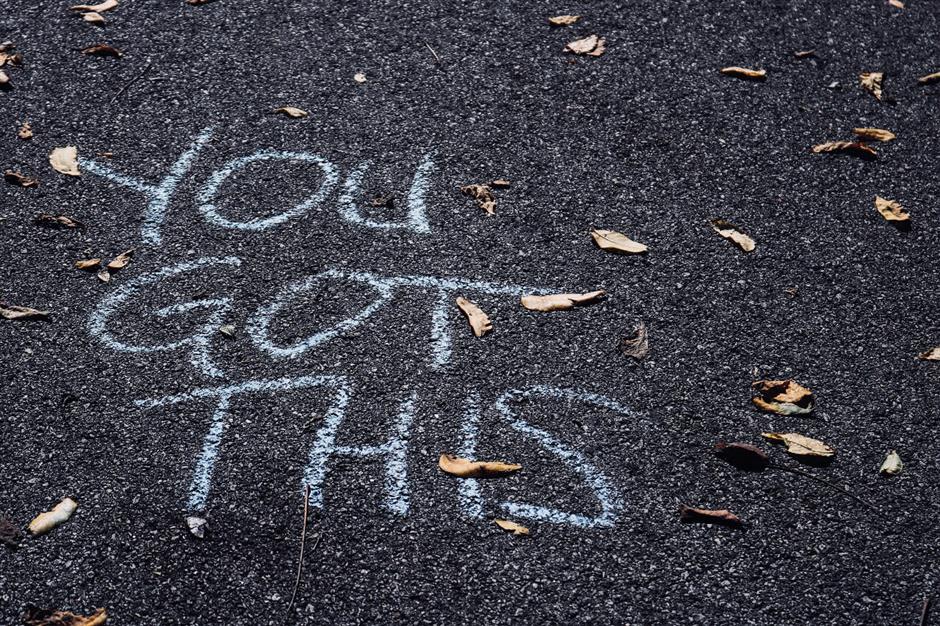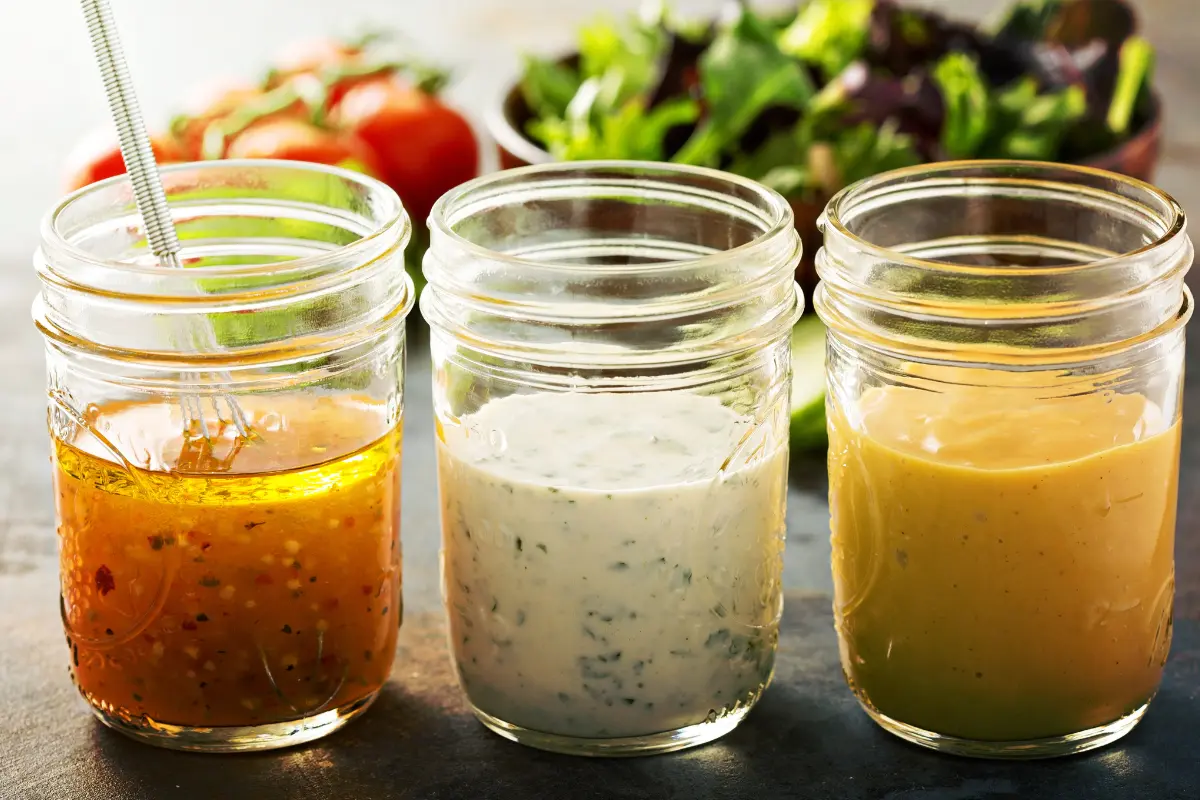
Imagine this scenario:
It’s been a great week of nutrition and training. You’ve hit your macros spot-on for five days in a row, you’ve had great workouts and you’re seeing awesome progress in the mirror and in the way your clothes fit. You are on a roll and feeling confident!
But somewhere, in the back of your mind, a little voice quietly suggests that maybe this week is ‘too good to be true.’ After all, every time you’ve reached this point on a nutrition program in the past, you’ve messed things up. You can do great for five or so days, maybe even a couple of weeks, but then you always end up making a mistake and falling back into old habits. You just can’t seem to break this pattern and you aren’t sure why.
Maybe it’s not your fault --- maybe, you have an upper limit problem. This is a phrase created by Gay Hendricks, author of the book, The Big Leap.
Here’s how an upper limit problem works: We all have an inner ‘thermostat setting’ that determines how much success we allow ourselves to enjoy in various areas of life. When we exceed our inner thermostat setting, we may do something to sabotage ourselves, causing us to drop back into the old, familiar zone where we feel secure.
Advertisement
So if we achieve a significant amount of success in one area of life, our upper limit problem makes us feel guilty or anxious about it. When our ‘old belief’ clashes our new positive feelings, one of them has to win. If the old belief wins, we are likely to self-sabotage (for example, we might spend a weekend binge-eating or giving up tracking) to bring ourselves down to our prior level of success.
How can we avoid this situation and get past our upper limit problems?
The most important thing is to become aware of your upper limit problems, so you can catch them in self-sabotaging behavior. Your WAG coach can help you do this! And here are some behaviors you can notice in yourself that might point to an upper limit problem:
Self-Sabotage
You have been compliant with your nutrition program for several weeks or months and have experienced some great progress. But you catch yourself thinking something like, “I’ve never been below 160 pounds before and I don’t know what it would be like to be in the 150s. I can’t imagine it.”
If you can’t imagine what it would be like to reach your goal, your brain might react by diminishing your potential for success, and you may find yourself in self-sabotage mode (going off your nutrition plan, skipping the gym, etc.).
Advertisement
You can overcome this upper limit problem by clearly visualizing what it would feel like to live in your ideal body. How would you feel in the gym? What would you look like in the mirror? How would your clothes fit?
Worry
When we catch ourselves worrying about something we have no control over, this can cause an upper limit problem.
For example, you might think, “I’ve had great success with my nutrition program for the last two months, but next month I am visiting my family for the holidays, and I am worried about falling off-track.”
Worrying is useful only if it leads to taking positive action right away.
To get past the ‘worry-thoughts’ that trigger an upper limit response, and to continue making progress, ask yourself: is there any action I can take right now to make a positive difference?
Advertisement
Usually, there is some positive action we can take. Using the example above, before the holiday season begins, we can:
- Come up with a game-plan for what to do on the days that will present the most temptations, such as having a high-protein, low-fat breakfast, exercising first thing in the morning and enjoying moderate portions of your favorite foods.
- Download a meditation app to stay calm.
- Go over the WAG Holiday Guide with tons of great tips.
Criticism and Blame
When we criticize something, it usually doesn’t have anything to do with what we’re criticizing. Similarly, when we blame someone or something, we may be doing it because we’ve hit our upper limit and are trying to slow the flow of positive energy.
Criticism can be useful if it’s directed at a specific area that can be addressed to achieve positive results. For example, let’s say you’ve had great success with WAG for the last two months, but now you’re in a new relationship and your partner wants to eat out frequently. This can pose a challenge because you’re trying to track your macros as accurately as possible and you may feel tempted to blame your partner for slowing your progress.
Ask yourself, “What positive action step can I take in this situation?” Maybe you can start by communicating honestly with your partner about how you feel, or practice your estimating skills so you eat out more confidently.
Ultimately, you shouldn’t let upper limit problems prevent you from achieving your highest level of success and happiness. The first step is to become aware of their existence in your subconscious mind, then take positive action steps to move past them.
Advertisement
Moving Forward
Schedule a Free Intro Call
Working Against Gravity has led the macro tracking and health space for over a decade. Our team doesn’t just understand the science of nutrition—we’ve spent years mastering the art of tailoring it to fit your life. That means no cookie-cutter plans, just real strategies that have worked for over 30,000 people.
Schedule a free call with our team to learn how working with a 1-on-1 WAG coach will help you reach your goals.



